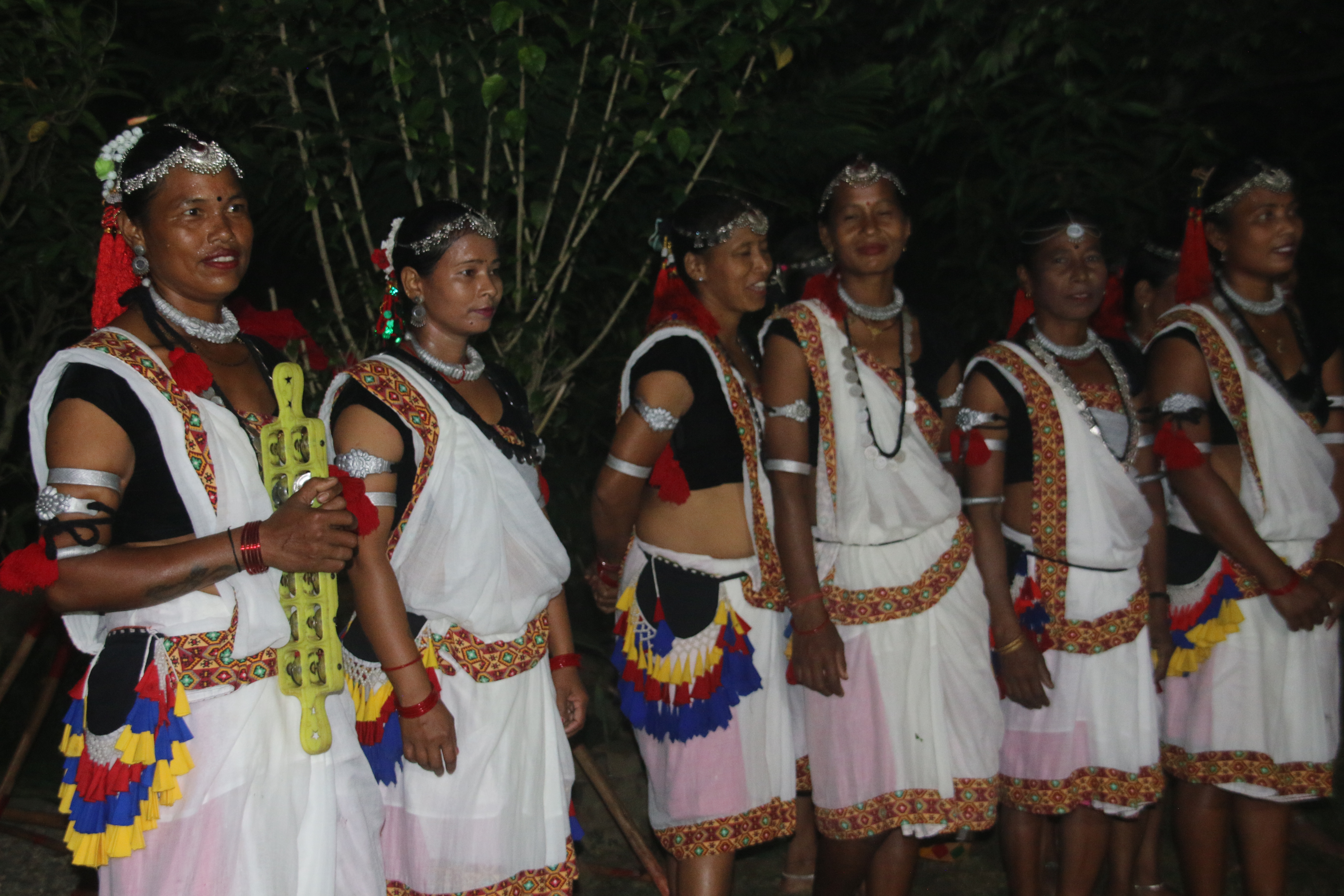
Cultural Program in Amaltari: A Celebration of Tharu Heritage
A cultural program in Amaltari provides an enriching glimpse into the vibrant traditions and lifestyle of the Tharu community. These programs showcase the essence of Tharu culture through engaging performances and interactive activities that leave visitors with lasting impressions. Enjoy traditional Tharu dances, where performers, dressed in colorful attire, bring festivals and rituals to life through graceful movements accompanied by rhythmic drumming and singing. Local musicians play traditional instruments, creating mesmerizing tunes that reflect the Tharu way of life and invite visitors to participate or simply enjoy the melodies. The programs often include craft demonstrations, where skilled artisans showcase traditional crafts like weaving, pottery, and bamboo work, offering insights into their artistry and techniques. Visitors can also immerse themselves in Tharu heritage through storytelling sessions, where local storytellers share fascinating myths, legends, and oral traditions that convey the community’s history and values. To complete the cultural experience, savor authentic Tharu cuisine with traditional dishes prepared using fresh, local ingredients. Some programs even include cooking demonstrations, giving visitors a deeper appreciation of Tharu culinary practices. Participating in a cultural program in Amaltari is more than entertainment—it’s a celebration of the Tharu people’s rich heritage and an opportunity to connect with their way of life, fostering a meaningful and memorable experience.
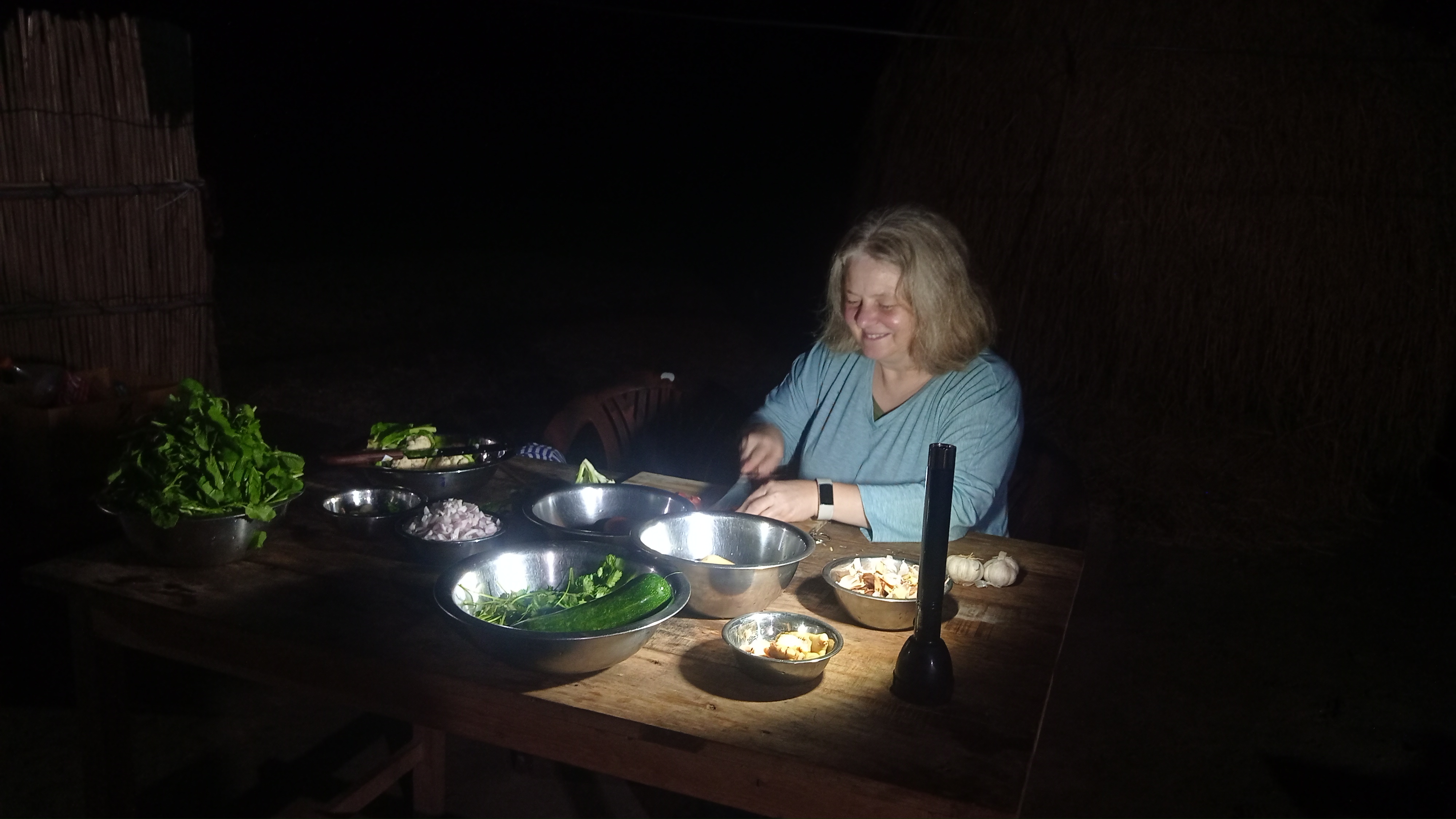
Tharu Cooking Class: A Taste of Tradition
Participating in a Tharu cooking class in Amaltari offers a unique opportunity to immerse yourself in the culinary heritage of the Tharu community. These hands-on classes teach traditional cooking techniques and recipes passed down through generations, using fresh, locally sourced ingredients like rice, lentils, vegetables, and spices. As you prepare dishes such as Dal Bhat, Aloo Tama, and traditional pickles, you’ll learn about the significance of food in Tharu culture and its role in festivals and community gatherings. Cooking methods, including the use of clay pots and open-fire techniques, highlight the authenticity of the experience. Afterward, enjoy your creations in a communal setting, fostering connection and appreciation for Tharu hospitality. This enriching experience deepens your understanding of the community’s traditions while enhancing your culinary skills.
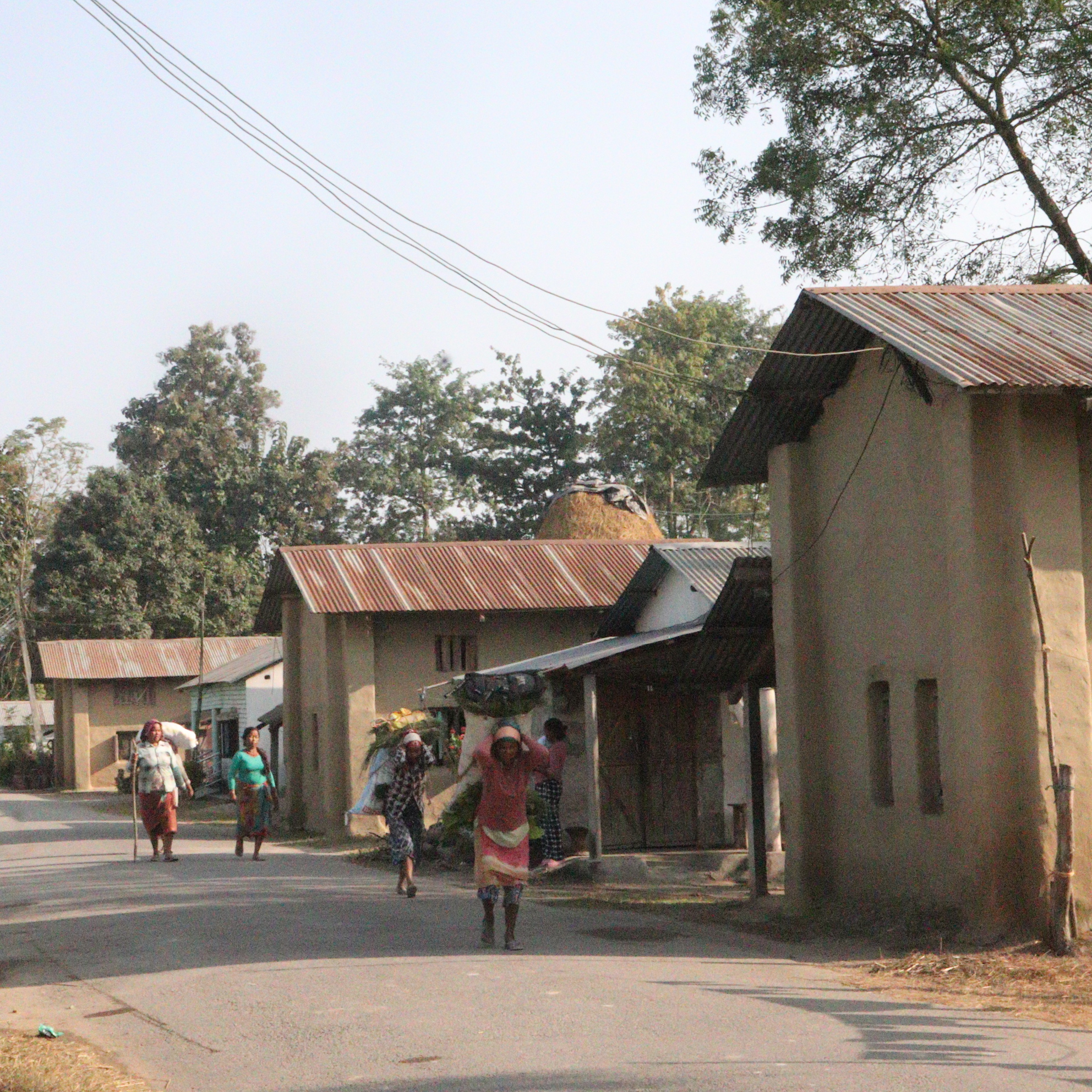
Village Tour in Amaltari: A Cultural Journey
A village tour in Amaltari offers an authentic glimpse into the vibrant life of the local Tharu community. As you wander through the picturesque village, you'll have the opportunity to experience traditional customs, practices, and the daily routines of the residents. Guided by local hosts, you'll explore thatched-roof homes, interact with villagers, and learn about their agricultural practices, crafts, and unique way of life. Many tours include demonstrations of traditional dances, cooking classes, or crafts like weaving and pottery, allowing you to engage with the culture firsthand. The warm hospitality of the Tharu people adds to the experience, making you feel welcomed and connected. A village tour not only enriches your understanding of local traditions but also supports sustainable tourism and community development, making it a rewarding addition to your visit to Amaltari.

Meet the People of Amaltari: A Heartfelt Connection
Meeting the people of Amaltari provides a unique opportunity to connect with the local Tharu community, known for their rich cultural heritage and warm hospitality. As you engage with residents, you’ll learn about their traditions, values, and everyday life in this beautiful region. Villagers are often eager to share their stories, from farming practices to local folklore. Participating in community activities, such as traditional dances or festivals, offers deeper insights into their vibrant culture. You might also enjoy home-cooked meals, allowing you to savor authentic Tharu cuisine made with fresh, local ingredients. This personal interaction fosters mutual understanding and appreciation, making your visit to Amaltari not just about sightseeing but about forming meaningful connections. Meeting the people of Amaltari enriches your travel experience, leaving you with lasting memories and a deeper appreciation for their way of life.
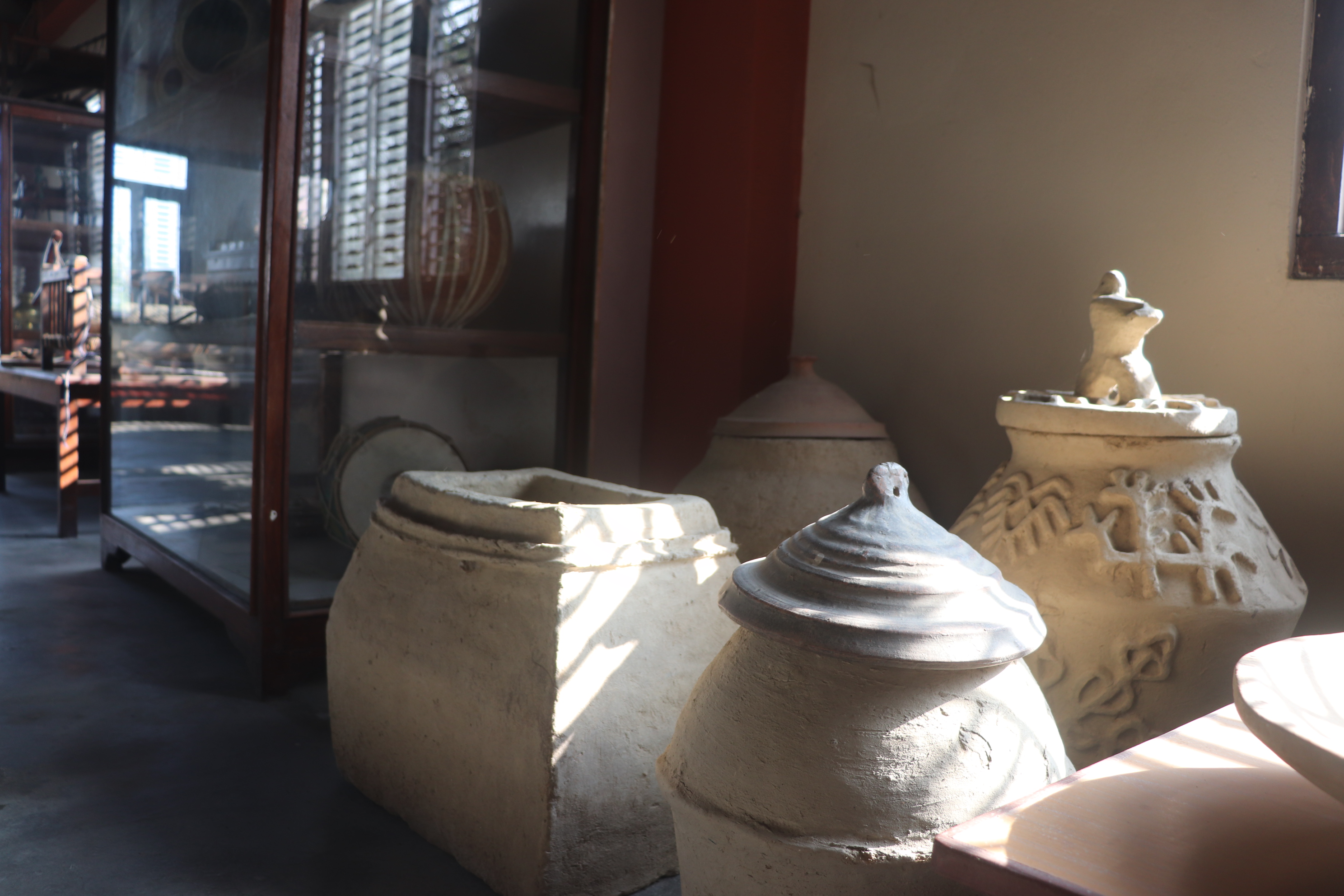
Traditional Crafts of Amaltari: A Cultural Treasure
The traditional crafts of Amaltari reflect the rich cultural heritage of the Tharu community, showcasing their creativity and resourcefulness. Visitors can explore a variety of crafts that have been passed down through generations, offering a unique glimpse into the local way of life. Tharu women are skilled in weaving, creating intricate textiles and mats using local materials like grass and cotton, while artisans craft functional and decorative pottery using traditional methods. The community is also known for its bamboo crafts, producing baskets, furniture, and household items, emphasizing sustainability and practicality. Additionally, traditional Tharu painting features colorful motifs that depict everyday life, nature, and folklore, with each piece carrying cultural significance. Engaging with these crafts supports local artisans and helps preserve Tharu heritage, offering visitors a chance to take home a meaningful piece of this vibrant culture.
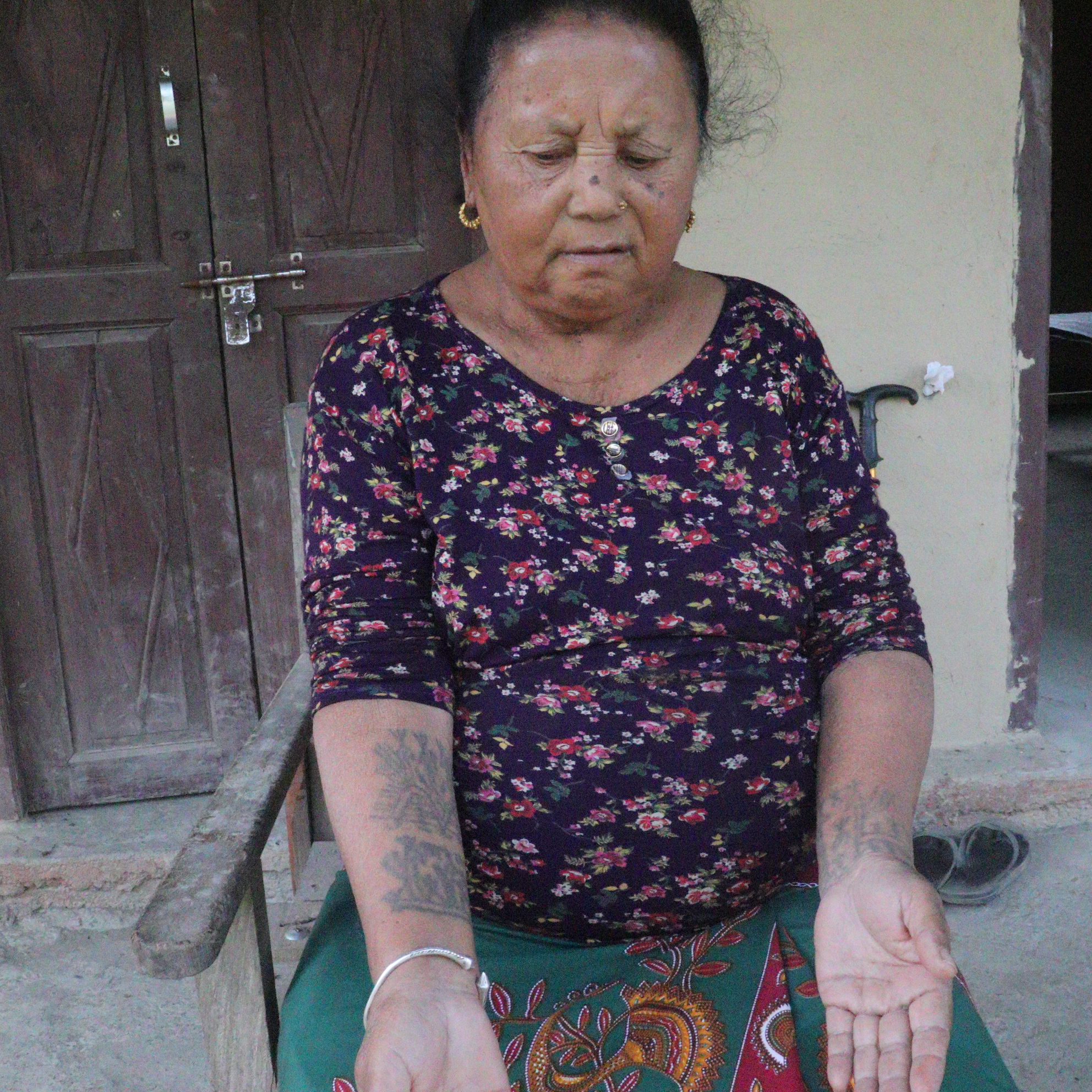
Tharu Tattoos: Cultural Significance and Artistry
Tharu tattoos are a distinct and meaningful part of the Tharu community's cultural identity, symbolizing deeper beliefs and values beyond just body art. Each tattoo holds specific meanings, often representing themes like protection, fertility, or bravery, with designs featuring animals, plants, or geometric patterns believed to bring good fortune or ward off evil spirits. These tattoos are not only personal but serve as markers of cultural identity, linking individuals to their heritage and community. They are often passed down through generations, maintaining cultural continuity. Tattoos also play a role in rites of passage, marking significant life events like marriage or coming of age. Traditional Tharu tattooing uses natural inks and hand-poked techniques, with each design reflecting the unique creativity of the tattooist. Visiting Amaltari provides a chance to learn about this fascinating tradition, meet local artisans, and gain a deeper understanding of Tharu culture through this meaningful art form.
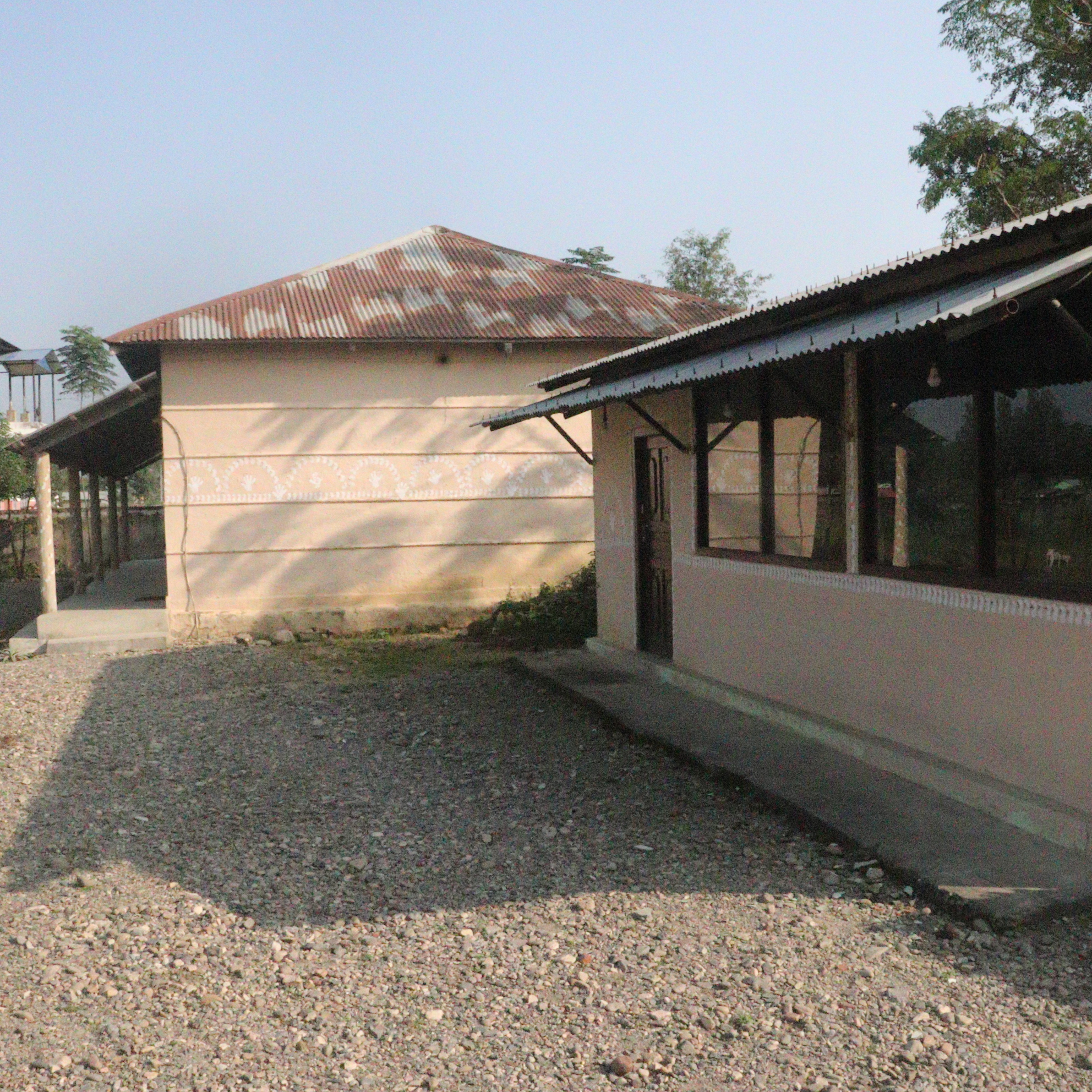
Museum Visit in Amaltari: A Journey Through Culture and Nature
The Museum Tour in Amaltari offers a fascinating glimpse into the rich cultural heritage and biodiversity of the region, particularly highlighting the lifestyle of the Tharu indigenous community. Located near Chitwan National Park, the museum showcases traditional Tharu artifacts, tools, clothing, and artwork, offering visitors a deeper understanding of their unique culture and history. Key features of the museum tour: Tharu Culture: Exhibits detail the traditional way of life of the Tharu people, including farming tools, fishing equipment, and household items used in their daily lives. Wildlife and Conservation: The museum also provides insights into the region's wildlife, focusing on the conservation efforts in Chitwan National Park, particularly regarding the protection of endangered species like tigers, rhinos, and vultures. Educational Experience: Visitors can learn about the symbiotic relationship between the local communities and their natural environment, as well as ongoing ecological preservation efforts. This museum tour in Amaltari is both educational and enriching, making it a must-visit for those interested in local culture and wildlife conservation.

Tharu Food: A Culinary Delight in Amaltari
Tharu cuisine is simple yet flavorful, reflecting the agricultural lifestyle of the Tharu people. It includes dishes like ghonghi (snail curry), bagiya (rice flour dumplings), anadi (sticky rice), and fish from local rivers. Tharu food is often prepared with minimal spices but relies on fresh, local ingredients. Meals are typically accompanied by homemade pickles and chutney, and chyang, a local rice beer, is commonly served during celebrations. Their food reflects a deep connection to the land and local resources, offering a unique taste of rural Nepal.